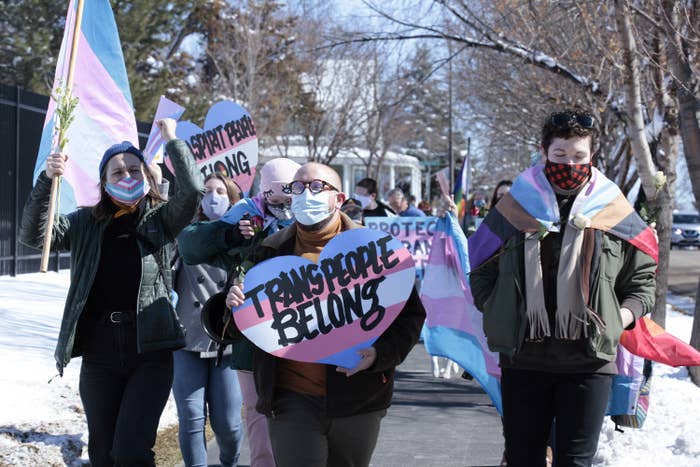US Labor Dept. moves to rescind two Trump-era rules on worker classification
March 11 (UPI) -- The Biden administration on Thursday announced it is working to rescind two Trump-era rules it says weakened worker protections.
In the latest move by the administration of President Joe Biden to roll back the policies of his predecessor, the Labor Department said in a statement it has proposed to withdraw two rules that concern the classifications of workers and contractors under the Fair Labor Standards Act.
The first rule called the Independent Contractor Final Rule, which was issued in the final weeks of the Donald Trump presidency, sought to clarify the standard for employee versus independent contractor while the second rule updated guidance for determining joint employer status, which was mostly vacated by the court last year deeming it violated the Administrative Procedure Act.
"Rescinding these rules would strengthen protections for workers, including the essential front-line workers who have done so much during these challenging times," Jessica Looman, the Wage and Hour Division's principal deputy administrator, said. "While legitimate independent contractors are an important part of our economy, the misclassification of employees as independent contractors denies workers access to critical benefits and protections that law provides."
RELATED Biden to direct states to make all adults eligible for vaccine in May
The department said the comment period on the rules is open until April 12.
The announcement came a day after the department said it would stop enforcing two other Trump-era rules concerning retirement plans as it reviews them.
The department said it came to this decision after hearing from a wide variety of stakeholders including labor organizations and consumer groups about the impacts of the Financial Factors in Selecting Plan Investments and Fiduciary Duties Regarding Proxy Voting and Shareholder Rights.
said the interested parties had raised issues over whether they were rushed unnecessarily and implemented without considering evidence submitted by public commenters.
"The department has also heard from stakeholders that the rules, and investor confusion about the rules, and investor confusion about them, have already had a chilling effect on appropriate integration of ESG factors in investment decisions, including in circumstances that the rules may in fact allow," it said.
Ali Khawar, principal deputy assistant secretary for the Employee Benefits Security Administration, said the department will continue to conduct stakeholder outreach over the rules to see how they can be better crafted.
"These rules have created a perception that fiduciaries are at risk if they include any environmental, social and governance factors in the financial evaluation of plan investments, and that they may need to have special justifications for even ordinary exercises of shareholder rights," Khawar said.


















